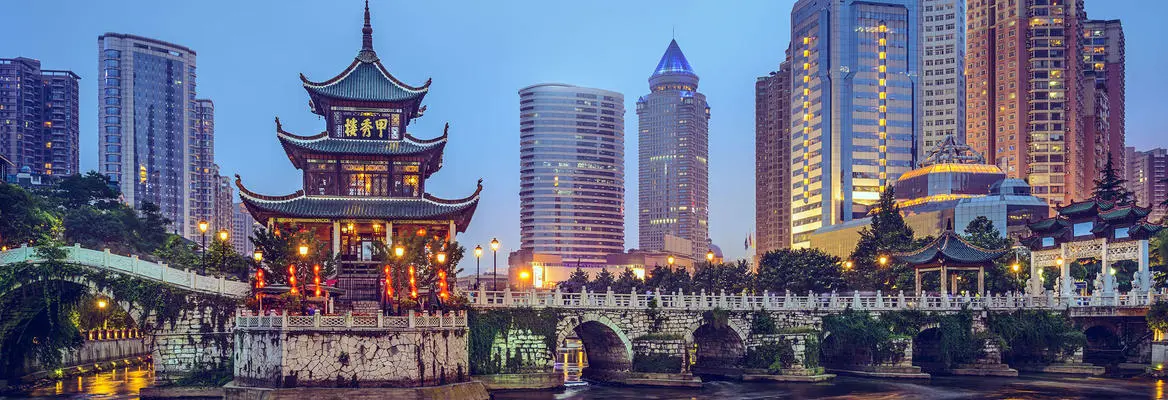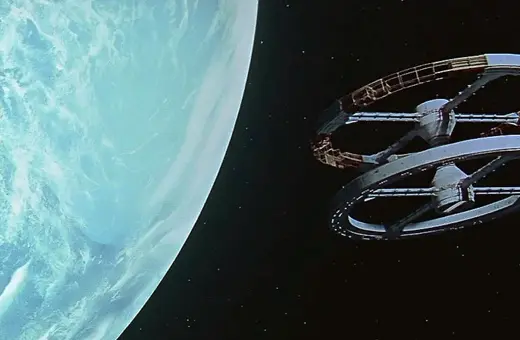China's efforts to implement a policy of cultural influence on the world stage stretch back almost a century. But the Covid-19 crisis has highlighted two major flaws in the rising superpower's strategy: the global population's relative ignorance about China, and China's trouble communicating with the world beyond its borders.
In the early part of the 20th century, Chinese leader Chiang Kai-shek favoured the power of cultural attraction over physical force in forging relations with China’s Central Asian neighbours. He chose the poetic language of `the way of the prince’ (wangdao) as opposed to `the way of the hegemon’ (badao).
While the regime on the Chinese mainland changed after civil war and revolution in 1949 to the Communists, the dislike of hegemony did not evaporate. This remained one of the core accusations when Chinese leaders tried to differentiate themselves from the US or, as they fell out with them, the Soviet Union. They were not deployers of military power, they believed. They contested the approach of the colonisers. The armies that China placed their faith in were ones sent out to change people’s thinking and hearts, even if they failed to succeed. Their own long history of strategic thinking had shown that there was one very beneficial thing about alliances with friends who thought the same way as them – they cost far less money to police and control. Not the least problem with enemies was the amount of time and resources it took to guard against them.
Capitalism with Chinese characteristics – that it so say, under one Party political rule – is, as of today, viable.
In the 1980s, for the US, and Europe, and many others, their engagement philosophy with China still under communist rule was that its attempts to embrace capitalism in the realm of economics would eventually lead to changes in the political area too. With a predetermined certainty, one day China would become like the democratic world. That made emotions towards China a little more positive, despite the constant dislike of its adherence to a one party system.
We are now in the era of post-engagement. Things, needless to say, did not quite work out as was expected. Under Xi Jinping, China’s key leader since 2012, the rebuttal of western norms for governance has been unambiguous. In fact, in 2020, things have become far worse. China’s great experiment to use capitalism has, despite all the convictions of others, so far proved that one can have a vast, and very productive economy, and yet have an authoritarian rule of law and government structure. Capitalism with Chinese characteristics – that it so say, under one Party political rule – is, as of today, viable. This does not mean it won’t become messy someday soon – but the predictions of this sort of collapse have so far not come to pass.





















Join the conversation